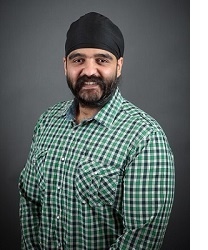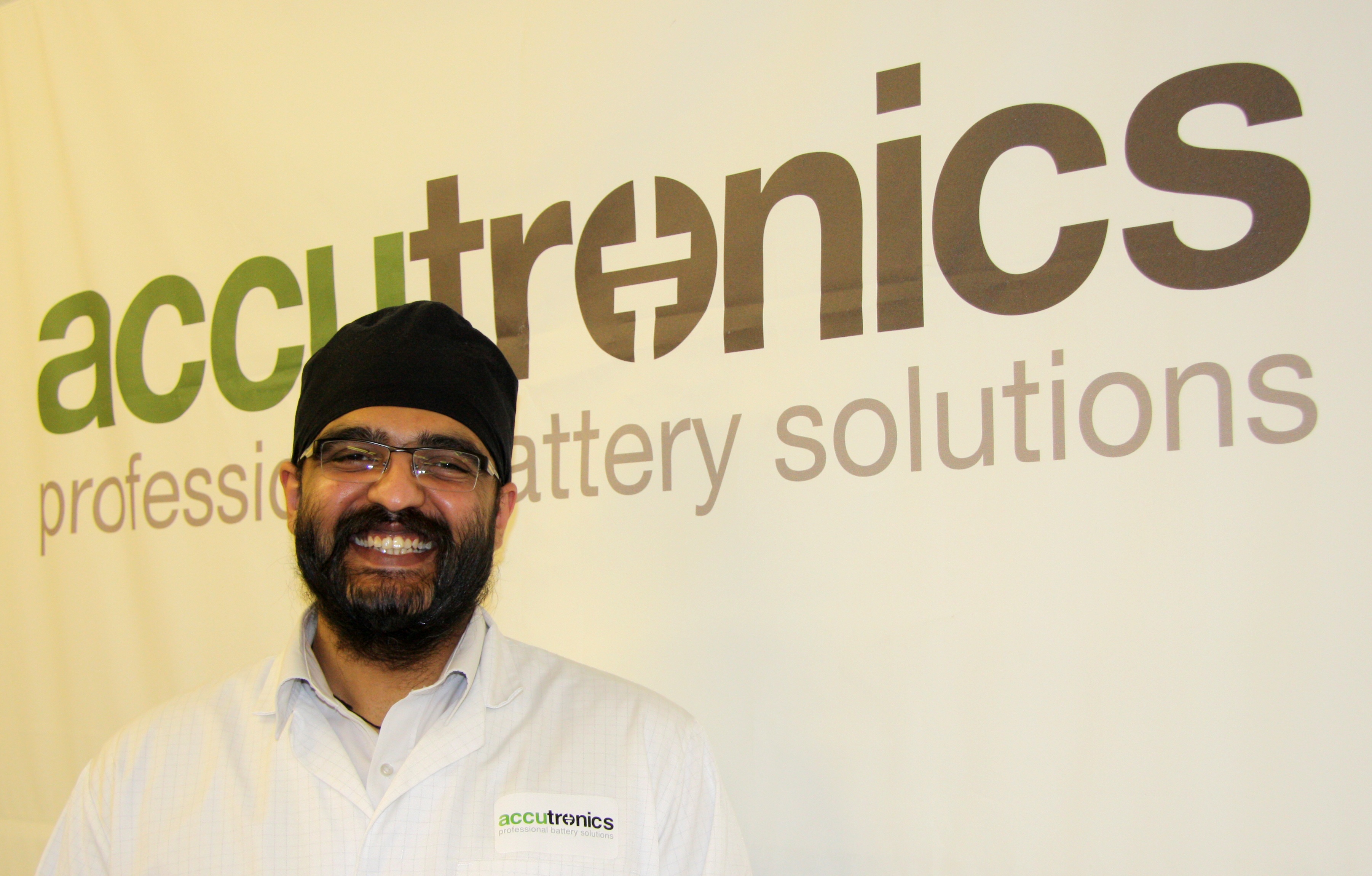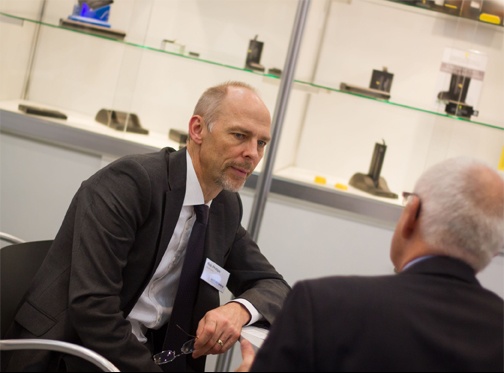When OEMs are undertaking new product development, asking the right questions and having a competitive advantage can mean the difference between success or failure. For instance, can improvements be made to ensure the products operate more effectively in their intended environments (particularly in industries such as medical and military)? Plus, with over 20 new laws and legislations being passed in the UK every year, there is the challenge to stay compliant in the process.
S is for Singh… and his views on project methodology
[fa icon="calendar"] Nov 12, 2021 10:13:00 AM | posted in Project Management
The art of design validation and verification
[fa icon="calendar"] Jan 15, 2016 9:59:47 AM | posted in Project Management, Products & Services
We've all seen Russian nesting dolls, each perfectly decorated doll giving way to a smaller one inside. Every one of those little dolls is hand turned, carefully decorated and finished with a fine gloss. Medical device design operates on a similar concept, layering smaller components together to form one machine, each component tailored to the needs of the original equipment manufacturer (OEM). Design verification and validation are akin to the finishing gloss, and aren't reserved for the largest doll - or completed product; each component gets the same gloss. Here, we explain the layers of verification and validation.
Managing by exception - getting it right
[fa icon="calendar"] Dec 11, 2015 9:03:15 AM | posted in Project Management
President Obama famously said, "you'll see I wear only grey or blue suits. I'm trying to pare down decisions. I don't want to make decisions about what I'm eating or wearing because I have too many other decisions to make." In a world filled with information overload, the technology we use constantly asks us to make decisions.
Which is the right project methodology for you?
[fa icon="calendar"] Oct 16, 2015 4:27:00 PM | posted in Project Management
It seems nowadays that there is a rule, methodology and philosophy for everything. Many of these rules have been around for decades so it raises the obvious question, 'are the old methods still relevant in an age of rapid innovation and uncertainty?' This is especially pertinent for original equipment manufacturers (OEMs) where even a small advantage can mean the difference between success and failure. Here Prabhjit Singh, General Manager at Accutronics looks at the top methodologies and evaluates how OEMs can choose the best one for them.
Developing a new product is not easy. The process of consultation, design, production, testing, logistics, integration and support can be challenging for even the best OEMs. This is made even more difficult in highly regulated industries such as the medical, security and defence markets. Here, products must not only meet stringent regulations, but also perform in extreme environments, where resistance to temperature fluctuations, humidity and vibration shock is critical.When asked how he developed new products, the late CEO of Apple, Steve Jobs, famously quipped that, "it's really hard to design products by focus groups. A lot of times people don't know what they want until you show it to them." This very disruptive approach evidently worked for Apple and means that the company continues to produce some of the most desirable consumer products on the market.
- Which Methodology is right for you?





